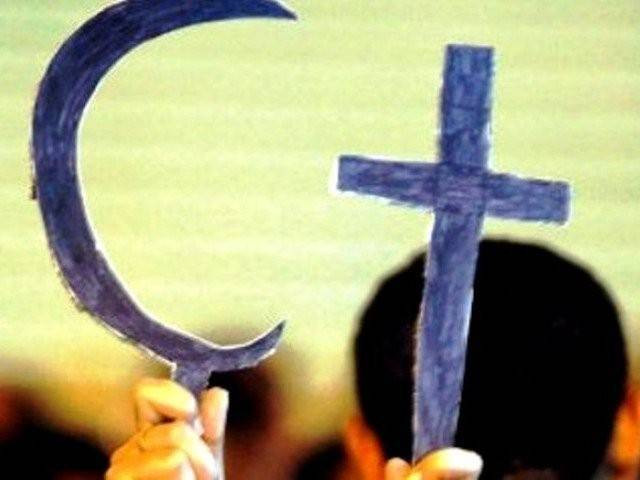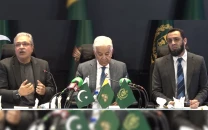Minority Cards initiative comes under fire
Critics argue quarterly cash transfers won’t improve the economic status of marginalized groups

For a cash-strapped country like Pakistan, human development scores are often way below the standards fixed by the developed world.
In this scenario, access to scarce economic resources, education and health is contingent upon one’s preordained placement in the hierarchy of social divisions based on religion, gender, class and ethnicity. While efforts aimed at improving the financial conditions of the marginalized groups are appreciated, they are nevertheless hard to sustain for an economy incapable of keeping public welfare on its priority list.
Launched on January 22nd by CM Maryam Nawaz, the Minority Card initiative was introduced with the aim of uplifting the socially and economically marginalized religious minorities in the province. According to details obtained by the Express Tribune, 93,422 applications were received for registration, out of which 74,422 were verified while 14,873 applications could not be approved.
According to Peter Jacob, Executive Director of the Institute for Social Justice, unfortunately in Pakistan, widespread discrimination on the basis of religious identity had forced minority groups to live on the margins of society.
“Therefore, special microfinance packages are necessary to improve the living conditions of these disadvantaged populations. This can be achieved through income support programs which offer supplemental income to people who are unable to earn anything on their own. Just the way the Benazir Income Support Programme (BISP) is reserved for women and the Zakat, Sadaqat and Ushr charity programs are reserved for Muslims, the Minority Card initiative will benefit all non-Muslim citizens,” claimed Jacob.
Where some laud the government for its attempt at empowering underprivileged non-Muslim citizens, economists are of the opinion that such programs are hard to sustain and usually end with the tenure of the government. Therefore, instead of giving cash transfers to the impoverished target group, skills training and entrepreneurship opportunities should be offered for long-term results.
For instance, Dr Qais Aslam, an economist, expressed his disapproval of the initiative on the grounds that such programs were little more than political tactics employed by the incumbent governments to gain legitimacy.
“Quarterly cash transfers through the minority card could ensure that people from disadvantaged groups do not go to bed hungry, however, they will not end their economic deprivation. The poverty plaguing minorities can only be addressed when sustainable efforts are made to teach them a skill or facilitate their access to business opportunities. Programs started in the name of the poor often do not benefit the poor. It is usually the rich segment of society that continues to get richer,” opined Dr Aslam.
As per sources from the Department of Human Rights and Minority Affairs Punjab, 50,000 eligible minority families will receive quarterly cash transfers worth Rs10,500. The Punjab government has allocated an annual budget of Rs2.8 billion for minority cards, which will operate on a debit card format. In the first phase, minority cards worth Rs1.4 billion will be distributed.


















COMMENTS
Comments are moderated and generally will be posted if they are on-topic and not abusive.
For more information, please see our Comments FAQ